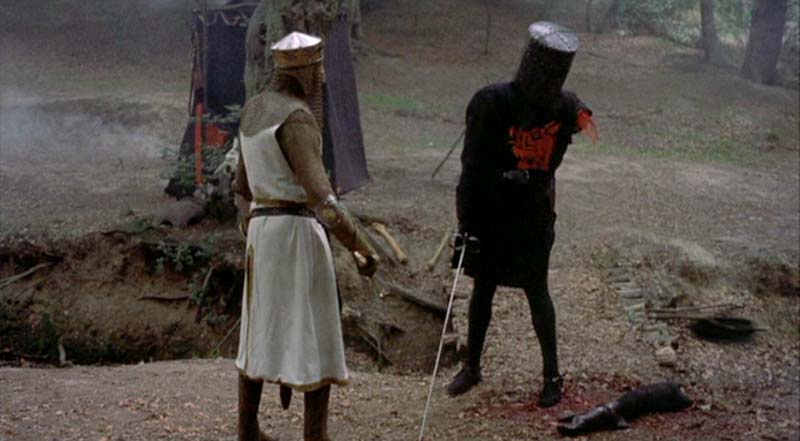
Who's ready for a little historical fiction lovin'? J. Anderson Coats, author of the new novel The Wicked and the Just, took some time out of her busy schedule to swing by and talk to me! She's absolutely fabulous -- and I have to say, I am craving her book!
Cecily’s father has ruined her life. He’s moving them to occupied Wales, where the king needs good strong Englishmen to keep down the vicious Welshmen. At least Cecily will finally be the lady of the house.
Gwenhwyfar knows all about that house. Once she dreamed of being the lady there herself, until the English destroyed the lives of everyone she knows. Now she must wait hand and foot on this bratty English girl.
While Cecily struggles to find her place amongst the snobby English landowners, Gwenhwyfar struggles just to survive. And outside the city walls, tensions are rising ever higher—until finally they must reach the breaking point.
Nicole: Welcome to WORD, J! Clearly you love history - for that matter, I do, too. Since your book is set in the middle ages, what is your favorite story associated with that time period? It could be the most badass figure, the weirdest thing you've ever heard - what's your favorite?
J: Anderson Coats: That’s got to be Gruffydd ap Llywelyn’s escape attempt from the Tower of London in 1244. A few years before, the English King Henry III and Gruffydd’s brother Dafydd conspired to lock Gruffydd up to keep him from trying to seize power in Gwynedd (North Wales). Gruffydd had a nice room, good food, visitors - the only thing he didn’t have was freedom. He was pretty sure that he should be in charge in Gwynedd, so he decided he’d bust out of the Tower and go take it from his brother. So he tied his bedsheets together to make a rope and climbed out the window. He was doing pretty well - until the sheets ripped and he plummeted to his death. Some monk even drew it into the margins of a manuscript. This really happened. You can’t make this stuff up.
N: Falling to the death is not always the best way to go. Now, my roommate is in the process of teaching herself Welsh. Considering that's what Gwenhwyfar is, how well can you speak it? (I know we were talking on Twitter about you learning it, too!) What other languages do you speak?
JAC: Dw i ddim yn medru siarad Cymraeg yn dda, ond dw i’n dysgu.
I have about as much Welsh as an average Welsh-speaking two-year-old. I’m okay with basic grammar, but where I really fall down is vocabulary. I’m a big fan of Say Something in Welsh, an online learning community - they’ve really helped me a lot. I listen to Hwb on YouTube and various shows on Radio Cymru. Every little bit helps!
Other languages? I can read Latin. Does that count?
PS: It means, “I can’t speak Welsh well, but I’m learning.”
N: I'm glad you explained that, because I certainly wouldn't have understood it. Now, your Gwenhwyfar is the wrong year for Arthurian legend. But do you like Arthurian legend? (I know I do.) Do you have a favorite character or story?
JAC: I love most things that are even tangentially related to the middle ages! My favorite treatment of the King Arthur legends has to be Monty Python and the Holy Grail, which is a classic. A more recent treatment that I enjoyed was Lit Brick’s. It includes King Arthur saying, “Where the hell’s my baronage? It’s killin’ time, dammit!”

A scene from Monty Python & the Holy Grail.
N: (laughter) Gwenhwyfar and Cecily seem like two sides of the same coin - completely different, but fates tied together. (Like a female Merlin and Arthur! ... sorry, I do love Arthurian legend.) How difficult was it to write such different characters?
JAC: I was pretty lucky when it came to voice. Cecily spoke to me from the beginning clear as new glass. She has always been clever, singleminded and more than a little entitled. In fact, in earlier drafts she was even worse and I had to tone her down!
However, Gwenhwyfar was a little more elusive. All I had of her initially was her pure undiluted rage. She came into focus more gradually, and in response to her interactions with her brother and would-be sweetheart. They did a lot to soften her rough edges and define her inner life.
N: Some people are hesitant to pick up historical fiction. Why do you think that is? What would you say to convince them otherwise?
JAC: I suspect sanitized school-friendly history as it’s experienced in “social studies” is at the root of that reaction. But I’ve had a bit of success comparing the past to the dystopian secondary worlds that are big in YA right now. One of the best-kept secrets about history is that the past is a secondary world that gives anything in fiction a run for its money every time.
You can't get more dystopian than the rubber plantations in the Belgian Congo where they'd cut off people's hands and kidnap their families to ensure that quotas were met, or the transportation of petty criminals to a prison colony on the other side of the planet. Or a million other instances of awful, small and large. Historical fiction, when done well, taps into the betrayal and revenge and despair and joy and stupidity of our shared human past.